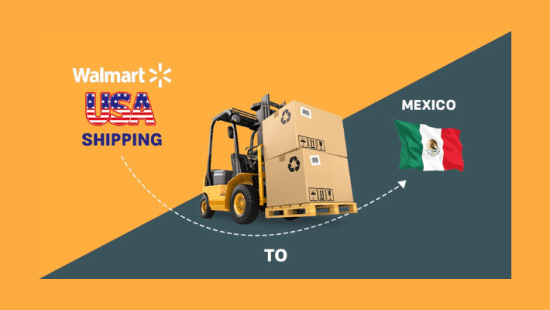Growing up as the middle child of a single mom in Tucson, Arizona, Emily Andrade saw a lot of hardship and resilience in her mother.
“At an early age, I saw some anxiety in my mother. And at the same time, there was a lot of stigma around mental health,” says Andrade of these experiences that inspired her to want to support people.
“I was drawn to working with people and understanding these anxieties, and intrigued in giving back to the community in that way and supporting people.”
Since November 2023, the Associate Clinical Social Worker has been doing just that at Clinica Romero as one of the therapists in the Behavioral Health Department. She serves a population that faces many of the same challenges she saw her mother battle when she was young, but who are now also dealing with immigration fears.
April is designated as Stress Awareness Month, a time to raise awareness about the impact of stress on our lives and to promote healthy coping strategies. This year, amid the Trump Administration’s attacks on immigrants and threats of massive raids, and lately, new global tariffs, which could lead to higher prices on everyday goods, stress has skyrocketed.
According to a new report from Modern Health, a leading global workplace mental health platform, 75% of the American workforce is grappling with surging levels of stress, low mood, and seeking more workplace mental health benefits.
Stress and Our Health
Stress is normal, and we all feel it. Whether it’s dealing with traffic to get to work, dealing with childcare issues, or just everyday normal life, stress is ever present in our lives, especially in a big metropoli as Los Angeles.
“We all have environmental stressors, but we have political stressors right now, job stressors, and economic stressors. All these things impact us,” Andrade says.
The important thing is how we manage it because the more stressed out we feel, the more it impacts our physical and mental health.
She notes that studies have shown that stress can impact brain development in children and teens. It can impact sleep, lead to more anxiety and depression.
“It can even affect your self-esteem and academic results,” she adds.
In adults, it increases the risks of health problems such as hypertension and heart disease. Adults may also feel more fatigue, have less energy, and even possibly burnout.
Similarly, stress can impact our mental health, increasing the levels of anxiety and depression.
POLITICAL STRESSORS
But Latinos—the majority of the population serve at Clinica Romero—are now dealing with an added stressor: immigration fears.
Andrade says that many patients talk about being stressed and fearful about immigration raids while doing their daily tasks like going to pick up children from school or going to the market.
She says dealing with such fears is hard, and it starts with acknowledging that “It’s a hard thing that we’re living through.”
She also reminds her patients that they’re not alone.
“There’s empowerment that comes from knowing that there are people behind you,” Andrade says.
And Clinica Romero is trying to ease those fears. They are developing a support group for people experiencing more anxiety because of the political climate, where they plan to teach adaptive coping skills that help manage some of the stress.
“There is comfort in knowing that you’re not alone in this,” she says.
They also plan on providing resources to immigration lawyers.
“We can have parents talk to a lawyer and write a notarized letter (for the care of children). It’s scary, but in some ways, it can alleviate some of the fears by knowing that you have a plan,” she notes.
It’s the same guidance for dealing with anxious children who may be stressed out by seeing their parents worry.
“It’s better to have a conversation than avoid it, especially if the child is asking,” she recommends.
She notes that by parents talking to children, it also “provides a form of comfort if it comes from someone that they trust.”
Andrade says that in her sessions with patients, she does not try to minimize their feelings but stresses their need to care for themselves and focus on the things that they can control.
SELF-CARE
That’s why she stresses the need for self-care.
“Stress can affect our physical and mental health, and it can have drastic impacts on how we live our lives,” she says.
“It can also be managed. If we learn how to manage it, if we practice healthy coping skills like meditation, exercise, prayer, being social, engaging in a hobby or interest, we learn to manage our stress in healthy ways, and we manage ourselves.”
REDUCE YOUR STRESS
Be active: exercise helps you clear your thoughts and let go of
Take control: try to control those things you can manage on your own
Connect with people: social interactions with friends and family provide support and reduce feelings of loneliness
Have “Me Time”: take time to care for yourself, doing something that you enjoy like meditation, prayer, or a hobby
Avoid unhealthy habits: alcohol, smoking, and other vices are not effective ways of coping with stress and may lead to other problems
Help others: volunteering or joining people in the community provides a sense of support and togetherness
Try to stay positive: write three things that went well each day, or for which you are grateful
WE ARE HERE FOR YOU! CALL NOW!
213-989-7700
April is Alcohol Awareness Month: Take the First Step Toward Healing








